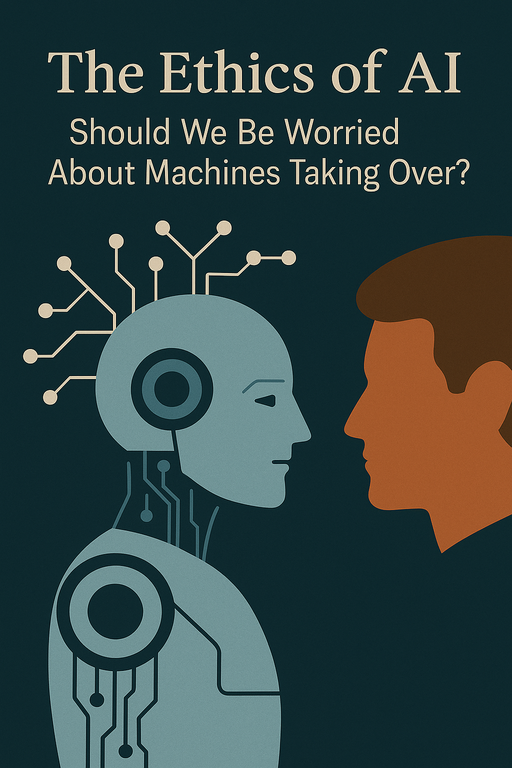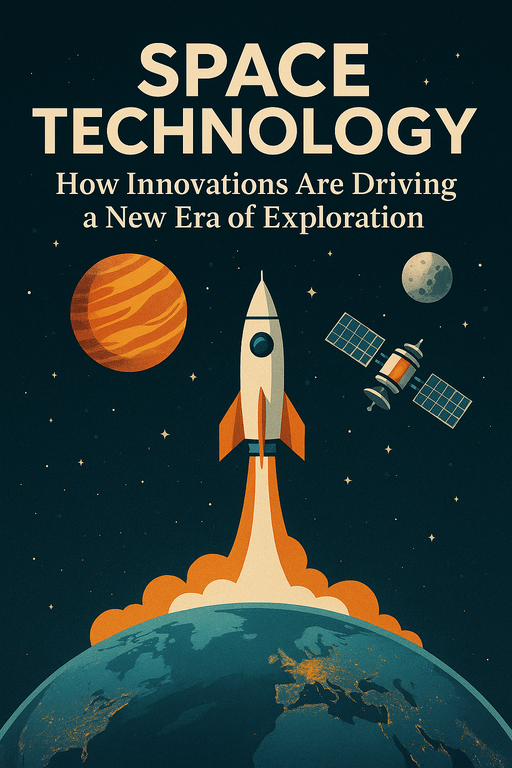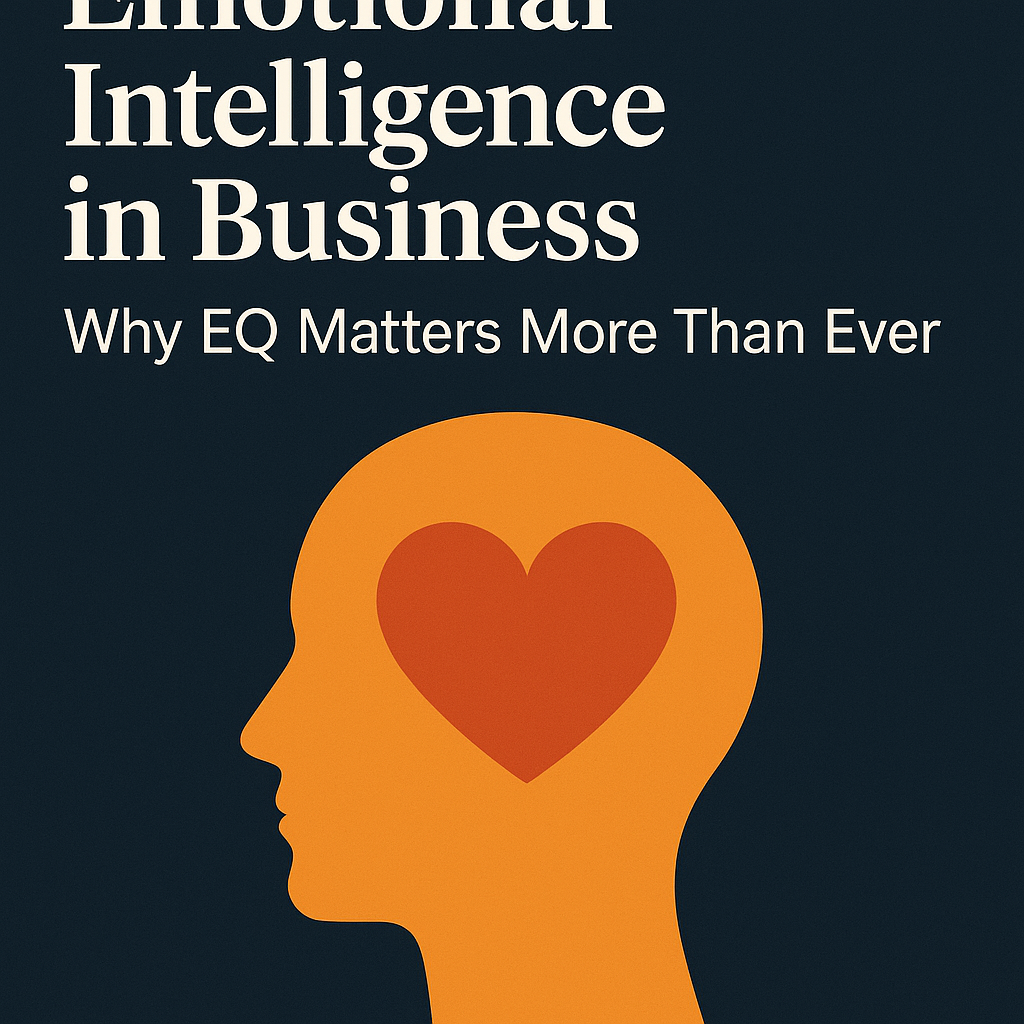Artificial intelligence is no longer a concept reserved for science fiction. It’s here, woven into our daily lives — from search engines and navigation apps to smart assistants and language models. As AI becomes more advanced, it’s also becoming more controversial. While some celebrate the technology’s potential to transform industries and solve global problems, others worry that it could lead to job loss, bias, surveillance, or even a loss of human control.
So, should we be worried about machines taking over? The answer isn’t as simple as “yes” or “no.” It lies in how we build, manage, and govern the tools we create.
Understanding the Real Capabilities of AI
The fear of AI taking over often stems from misunderstanding what it can actually do. Today’s AI is powerful, but it’s still far from the sentient, all-knowing machines portrayed in movies. Most current systems rely on large amounts of data and pattern recognition. They don’t “think” or “understand” in the human sense — they process information based on rules and training.
Still, AI can outperform humans in certain tasks: diagnosing medical images, analyzing huge datasets, or generating human-like text. These abilities are useful but raise ethical questions, especially when AI is used in sensitive areas like law enforcement, hiring, or healthcare.
Jobs and Automation: Replacing or Reshaping?
One of the most common concerns is that AI will replace human workers. It’s true that automation has already reshaped industries like manufacturing and customer service. But it’s also creating new roles in tech, ethics, data analysis, and AI development.
The real issue is not that jobs will disappear — it’s how fast change will come and how prepared we are to adapt. Governments and companies need to focus on upskilling workers, supporting career transitions, and making sure AI supports humans rather than replaces them entirely.
Bias and Fairness in Algorithms
AI systems are only as fair as the data they’re trained on. If biased or incomplete data is used, the AI can replicate and even amplify those biases. This is especially dangerous when AI is used in areas like criminal justice or finance, where unfair outcomes can have real consequences.
Ensuring ethical AI means taking transparency seriously. Developers must know how their systems make decisions and make those systems explainable to users. Ethical AI also means involving a wider range of voices — including ethicists, psychologists, and people from diverse backgrounds — in the development process.
Who Is in Control?
As AI becomes more integrated into infrastructure, transportation, and communication, control becomes a central issue. Who makes the rules? Who ensures accountability when something goes wrong?
Unlike other technologies, AI has the potential to act autonomously. That’s why many experts are calling for stronger regulation, not to stop innovation, but to guide it safely. There is growing support for international standards on AI development, transparency, and data privacy — to ensure that these systems serve the public good.
Should We Be Afraid?
It’s easy to fear the unknown, and AI certainly brings unknowns. But the future is not set in stone. AI isn’t something that just “happens” to us — it’s something we build. The key lies in shaping its development with care, responsibility, and ethics in mind.
Rather than fearing a robotic uprising, we should focus on building systems that are safe, fair, and beneficial. That means asking hard questions, setting clear limits, and making sure people — not just machines — remain at the center of innovation.






Leave a Reply